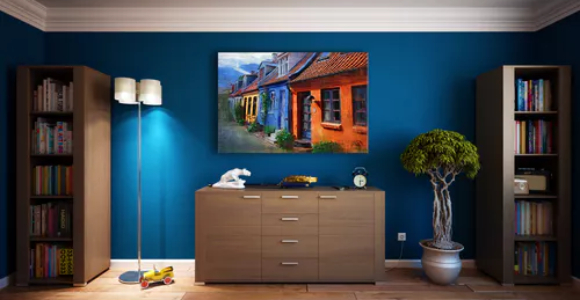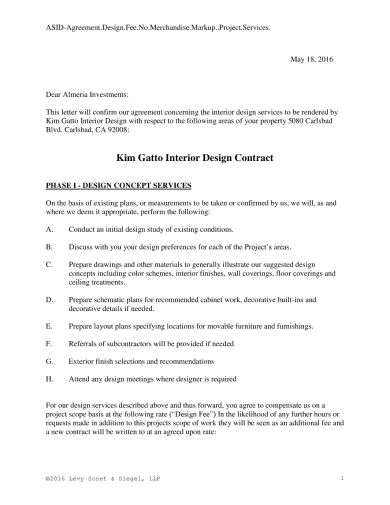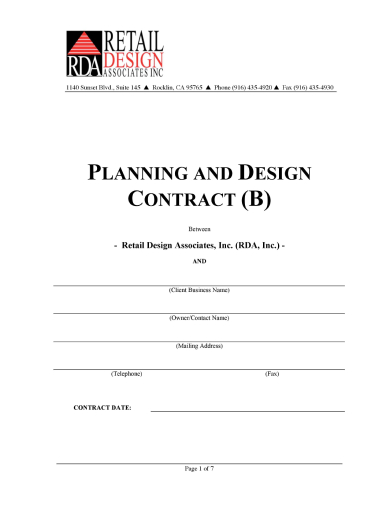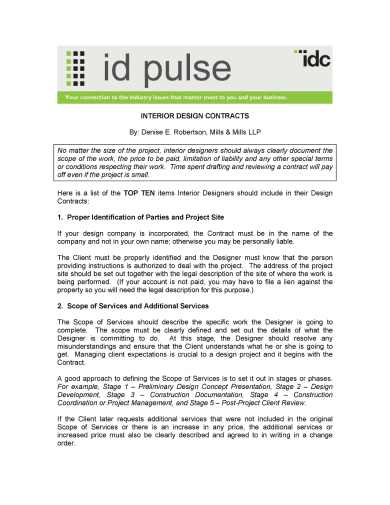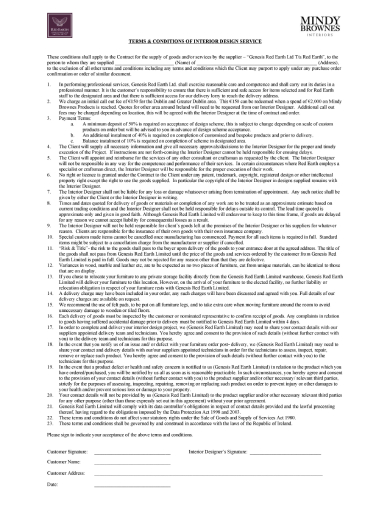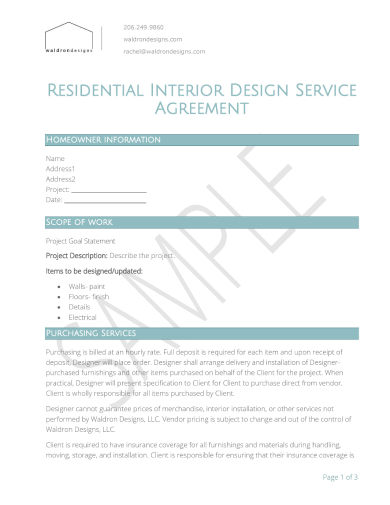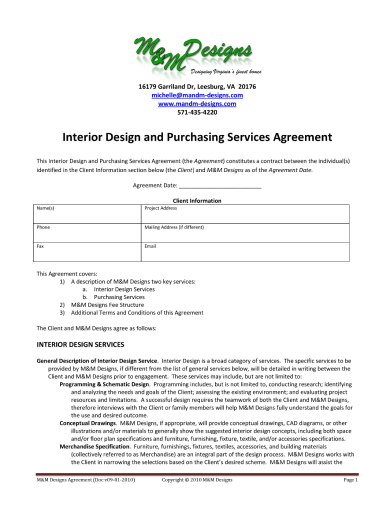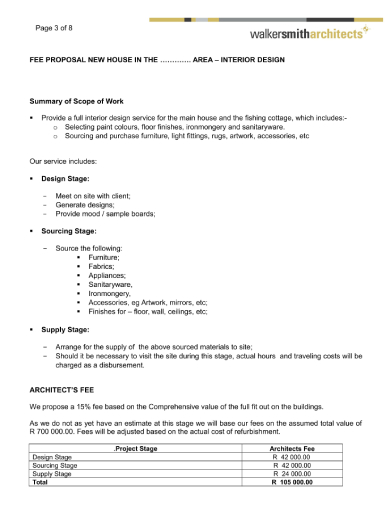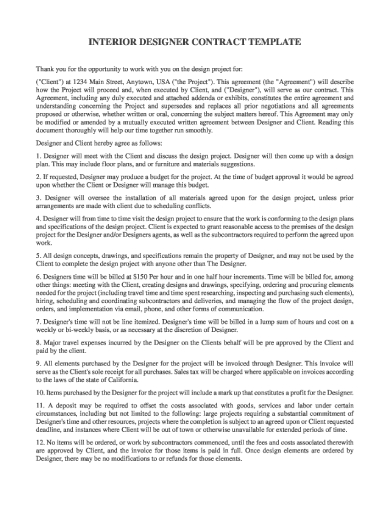10+ Interior Designer Contract Examples to Download
Interior design is more than just decorations and colors. To be a good interior designer, you should have great social and customer service skills. This aspect is crucial, not just for the sake of expanding your connections but also for keeping a healthy relationship with your clients. In a particular scenario, you must keep agreements neat and clear. For that, the use of an interior designer contract would be beneficial.
10+ Interior Designer Contract Examples
1. Creative Interior Designer Contract

2. Restaurant Interior Design Contract
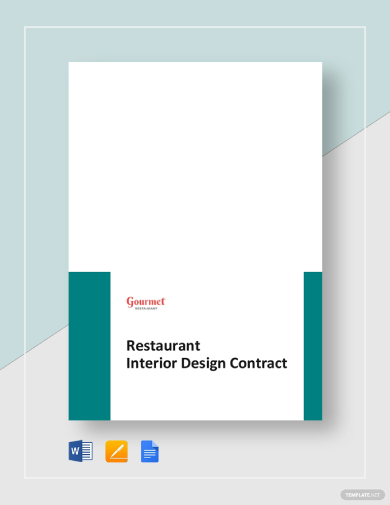
3. Editable Interior Designer Contract
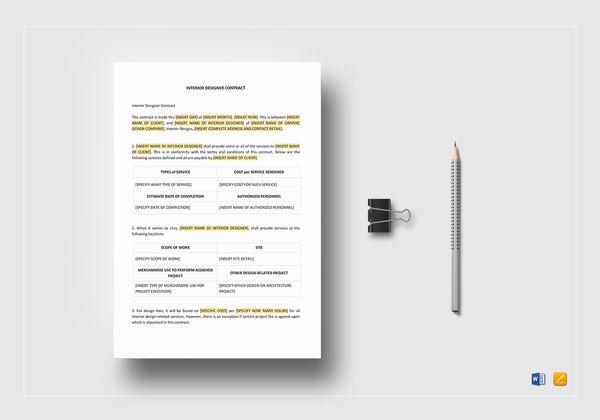
4. Plain Interior Design Contract
5. Interior Planner and Designer Contract
6. Simple Interior Designer Contract
7. Interior Design Service Contract
8. Residential Interior Design Service
9. Interior Design and Purchasing Services Agreement Contract
10. Interior Designer Fee Proposal Contract
11. Sample Interior Designer Contract
What Is an Interior Design Contract?
An Interior Design contract is a legal document that outlines the terms of the agreement between an interior designer and their client. The content of the contract is a layout of the project’s scope, timeline, and payment method. As it is legally binding, it ensures that both parties get what they agreed to at the end of the transaction. Freelancers often use it; however, those under an organization’s employment can also make use of it.
How to Draft an Interior Designer Contract
According to a study by Statista, the market value of interior design has been increasing since 2013. To make yourself thrive in this growing industry, you have to make sure to write the contracts between you and your clients. If you have no experience in creating contracts for interior design work, then continue reading this article for these tips.
1. Inject Your Brand
As a creative, it is helpful to inject your brand even in letters such as this. Use the skills you use for decor and renovation to create a striking design for it. Do not overdo it, however, and be efficient with the space of your form. You may include a logo of your business for starters. Just keep in mind that it shouldn’t take importance over the legal content of the contract.
2. Identify All Parties Involved
Remember to include the details of all the people involved in your transaction. Include the client’s name and signature along with yours to make you legally bound to what you have agreed. If you are under a business’s employment, then include their name as well since you represent the company.
3. Specify Payment Details
Like proposals and invoices, be specific on how they will make the payment. Money is serious business when it comes to contractual work, so it is crucial to state the method of transaction. Specify the payment method, whether it be by check, cash, or paid by installments.
4. Keep It Simple
When you are writing up for your contract, avoid using fancy words and jargon that will confuse readers. Keep the content of your contract short and concise so that those who read it will have an easy time understanding the details of the deal.
FAQ’s
What sets an interior designer apart from an interior decorator?
An interior decorator’s job involves decorating an area with fashionable and beautiful things without drastically changing the place itself. An interior designer’s position in comparison consists of working closely with the architect to design the interior space of business and has enough experience in construction.
How long do interior designers work?
Freelance interior designers adjust their schedules to meet their client’s demands, which ranges with the kind of job they get. One employed by a company typically operates in a 40 hour per week style of schedule.
What kind of places do interior designers work?
Depending on their task, an interior designer can find themselves in a different setting. They typically spend their time in a regular office environment, but they can also operate in another site if need be to help with design in construction. They also hold meetings in places that their clients choose.
An interior designer’s work results in the beautifully designed space that can spark joy in anyone that enters it. Interior designing will not be possible without a concrete agreement between a designer and a client. A contract could be an excellent way to hold everyone to what they agree with. That way, everyone can get what they asked for at the end of the day.


